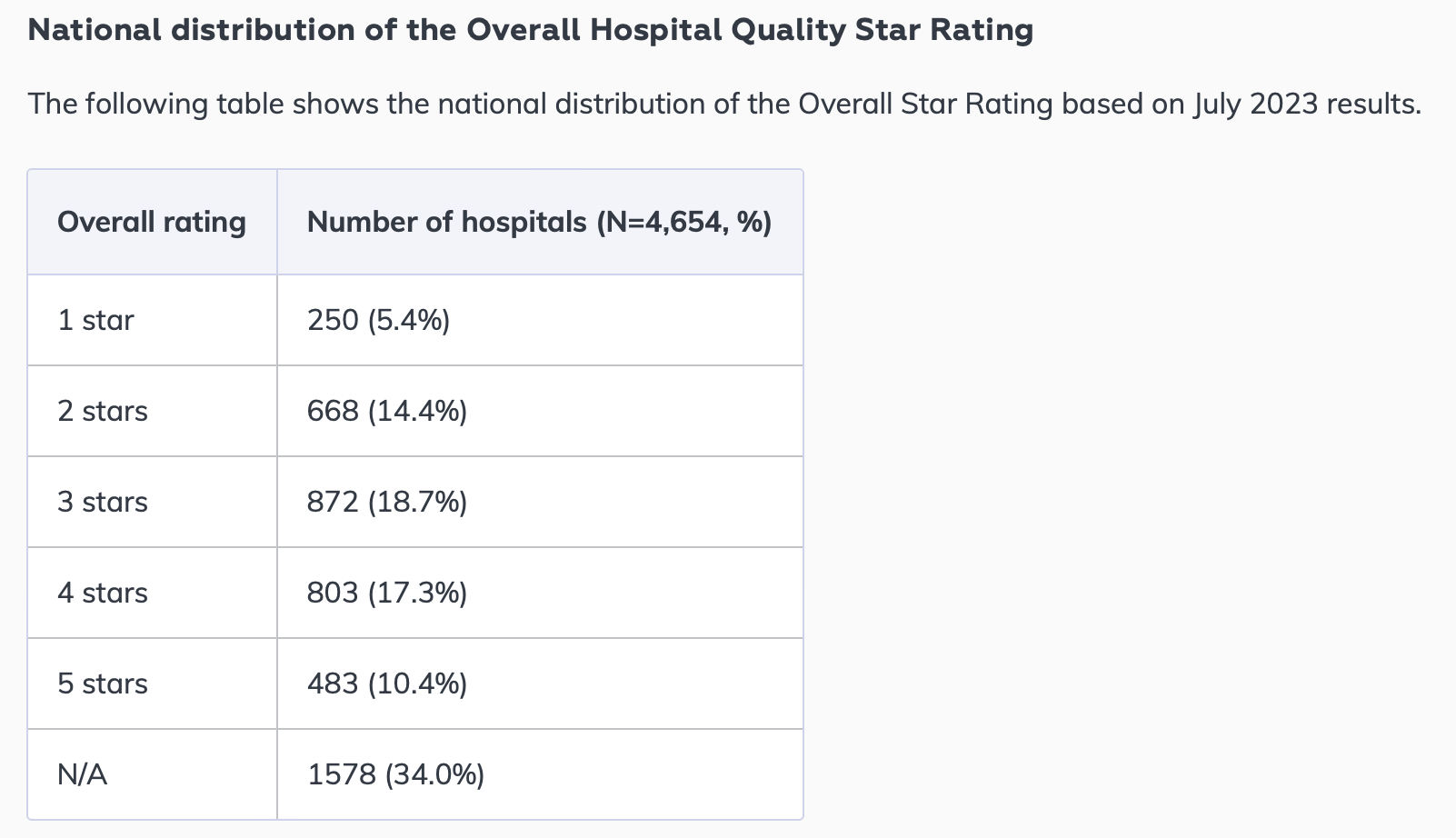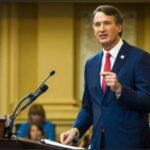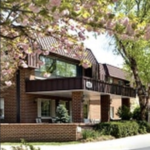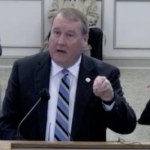Everywhere counterproductive to competition, innovation and cost, Virginia’s Certificate of Public Need (COPN) program also has proven antithetical to quality and safety in nursing homes.
A thorough 2022 report by the National Academies of Sciences, Engineering and Medicine on improving nursing home quality had this to say about state Certificate of Need (CON) programs:
Certificate-of-need regulations and construction moratoria do not appear to have had their intended effect of holding down Medicaid nursing home spending; rather, these laws can discourage innovation and decrease access.
Certificate-of-need regulations may contribute to the perpetuation of larger nursing homes.
Despite the prominent role of nursing home oversight and regulation, the evidence base for its effectiveness in ensuring a minimum standard of quality is relatively modest.
The role of Virginia’s COPN program is as counterproductive to nursing home quality as is imaginable. Remember, COPN decisions happen before the state and federal regulators of the operations of nursing homes even get into the game.
Virginia’s COPN program is a statutory incumbent protection regime across all of its regulated targets. But it has gotten especially bad results with nursing homes, which by nearly every measure are among the worst in America.
In Virginia, the only realistic way to increase the size of a nursing facility is by COPN approval of the transfer of beds from one facility to another, often from one region of the state to another. Continue reading












